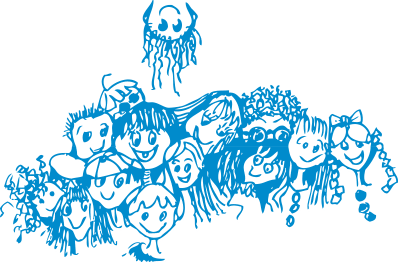Memorial Day and Getting Ready for Summer
May 19th, 2015

Memorial Day didn't become an official holiday until 1971, but Americans started gathering annually in the spring to remember those who lost their lives in war during the 1860s, right after the Civil War. Celebrated on the last Monday in May, people still decorate the grave sites of war veterans and hold memorial services, but Memorial Day has also evolved into a day that signifies the beginning of summer.
During the summer months, many people take road trips to visit family members. Some head off to the airport to enjoy a long-awaited vacation far away, while others look forward to spending time with friends and family at home. However you spend Memorial Day and the subsequent summer months, there are a few things you can take care of to ensure your summertime is enjoyable.
Checklist for an Enjoyable Summer
- Have the AC Checked. During the hottest days of summer, many families find themselves sweating it out due to a broken air conditioning system. Be proactive so you can avoid waiting for hours or days because the HVAC repair person is booked solid. Have your air conditioning system checked before or around Memorial Day each year.
- Ensure Security While You're Away. When you leave for vacation, the last thing you should have to worry about is the security of your home. Install a home security system, if possible, and put a timer on your lights so they go on and off at normal hours. You can also alert your local police department that you'll be gone, and ask them to drive by your house once in a while to make sure everything is okay.
- Visit Dr. Stephen Korson Before Vacation. Many people put off exams until after summer vacation. Avoid the crowds and make sure your physical and oral health are in top shape prior to vacation time so there are no unpleasant surprises.
Our team at Summit Pediatric Dentistry wants you to look forward to Memorial Day and the days of summer by preparing to spend the time safely and comfortably. As you plan ahead, take care of your health and secure your home, you can place your focus on creating memories with family members and friends while enjoying your favorite Memorial Day traditions.






